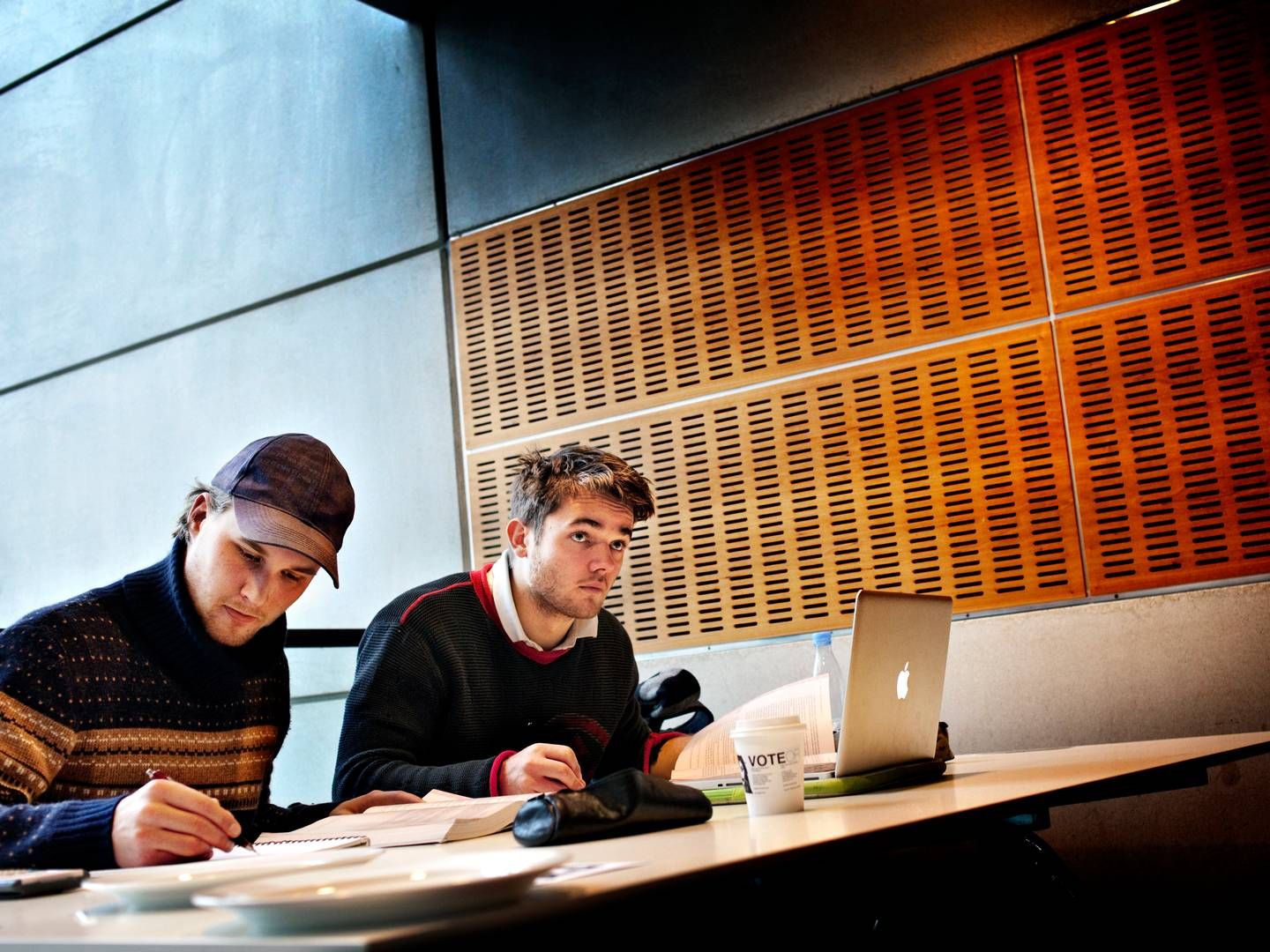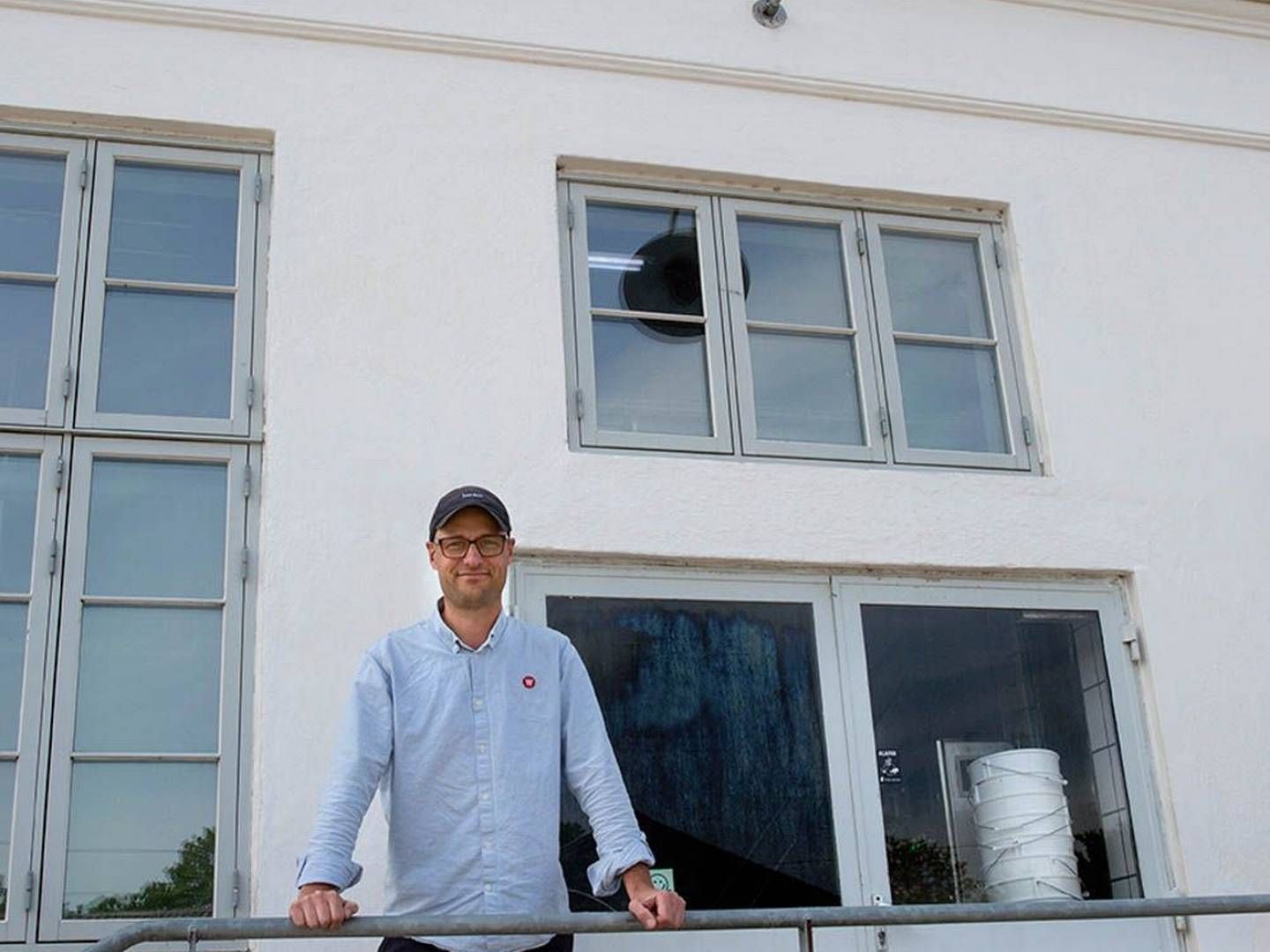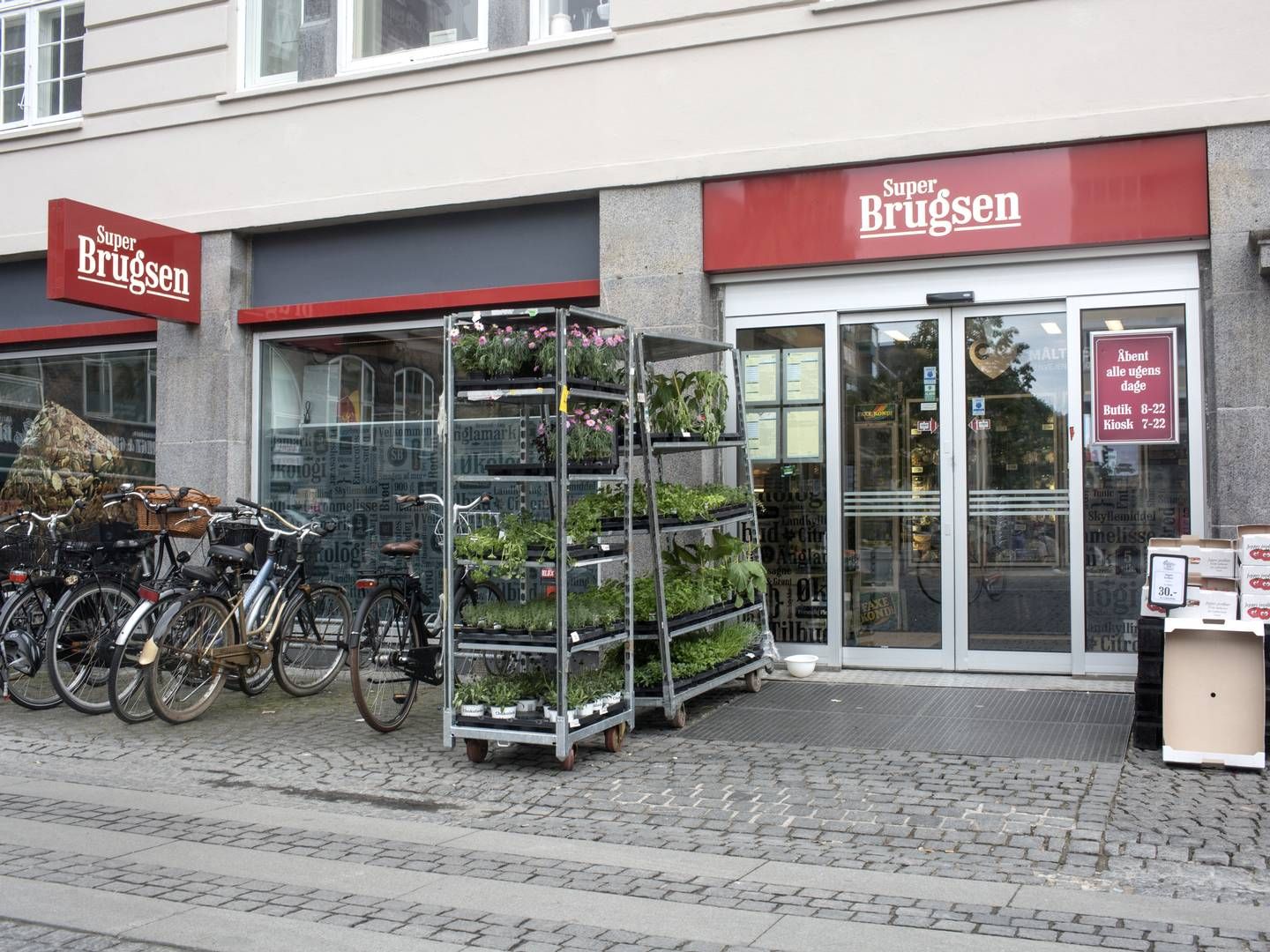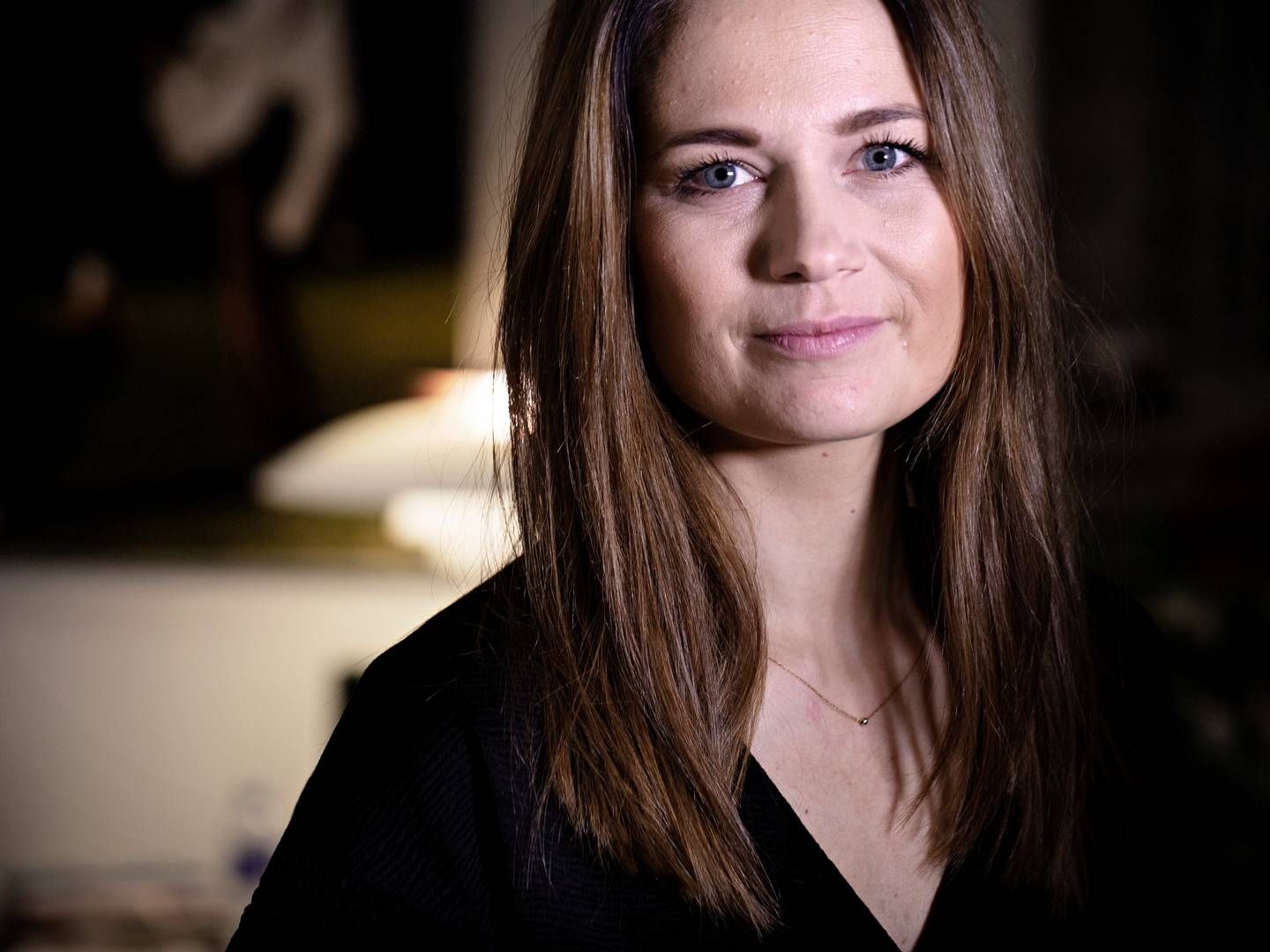Organisatorisk håndtering af usabilityviden
Gå direkte til specialet (kun abstract er på engelsk).
Abstract
This thesis addresses a need for a more thorough understanding of how usability could be considered organizational knowledge and how this "usability knowledge" should be managed. First of all the thesis is a contribution to the academic understanding of how one separate field can be incorporated in another: the field of usability that draws on both humanistic and positivistic traditions is integrated into the field of organizational knowledge containing various sub areas most notably that of knowledge management. Secondly the thesis is a step towards a theory of action of how to manage usability knowledge in organizations.
First part of the thesis introduces the various academic fields together with the organizational structure in which they are contained. The first field to be presented is the field of usability as the subject motivating the thesis. Usability is the professional discipline concerned with constructing websites that is both usable and functional in an appropriate, effective, and efficient manner. Next the field of organizational knowledge is described being the weighty part of the applied theory. Primarily this description draws on the field of knowledge management concerning the organizational management and facilitating of knowledge. Eventually the term "usability knowledge" is defined – usability seen as organizational knowledge – as well as the mutual implications of the two academic fields. This concludes the first descriptive part of the thesis.
The presentation of the theoretic grounding is followed by a narrower and more comprehensive focus on the field of usability knowledge. Second part of the thesis is concerned with the Information Space – being a knowledge based, three dimensional framework describing how knowledge gradually builds up and is applied in a social system. The Information Space is created by Max H. Boisot in a pursuit of a comprehensive economic paradigm that takes into account the production and exchange of information and knowledge as the key issues in modern society.
Information Space is presented and subsequently the model is used to outline various scenarios for the management and the application of usability knowledge. Four scenarios are constructed on the basis of interviews with four Danish companies working with usability. Then these scenarios each are depicted in relation to the Information Space. In particular this analysis pays attention to the application of usability knowledge with the retention and the sharing of knowledge being the two main aspects. The analysis leads to a closing discussion in which a number of essential characteristics and conditions regarding a theory of action of the management of usability knowledge is identified. The objective is to give rise to an improved and comprehensive understanding of how to deal with usability as organizational knowledge.
| Læs hele specialet |





































